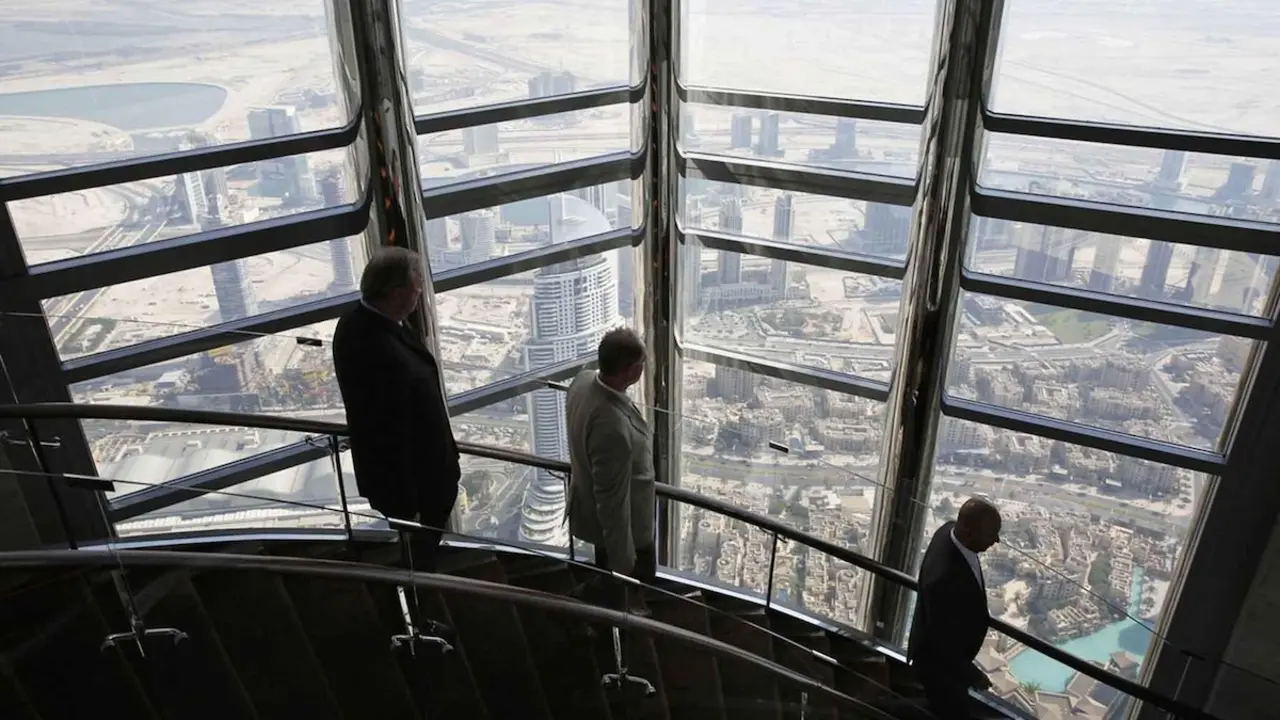Inflation soars in Turkey
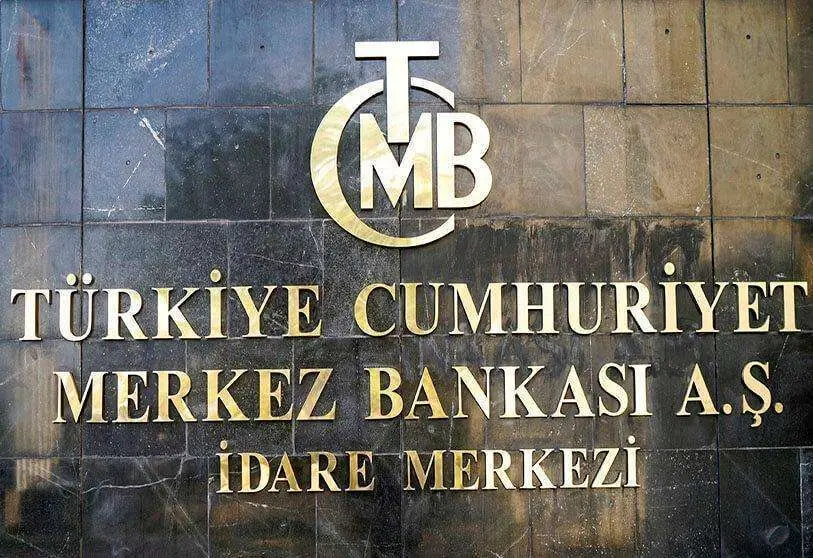
The economic crisis is advancing by leaps and bounds in Turkey. The galloping inflation that the Ottoman country is going through has thrown the experts' forecasts for the past month of June into disarray, a reason that has reopened the debate on the interest rate hike rejected by President Erdogan.
The Consumer Price Index (CPI) rose by 17.5% year-on-year and 1.94% month-on-month. Meanwhile, the Producer Price Index (PPI) rose by 42.89% on a yearly basis and exceeded a growth of 4% in the last 30 days, according to data released on Monday by the Turkish Statistical Institute (TÜIK).
This is the biggest rise in the PPI since October 2018, an annual price increase that has exceeded the estimates of authorities and experts. The latter were forecasting an increase of approximately 16.8-17%.
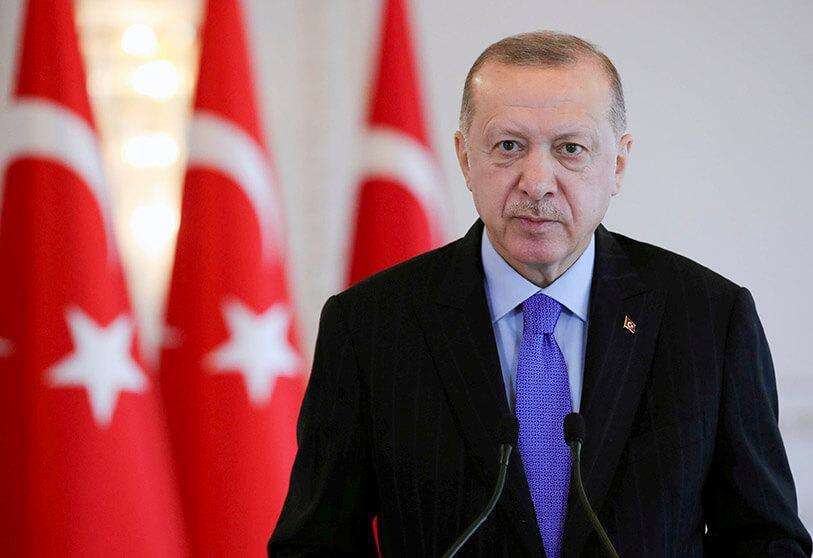
Turkish Treasury and Finance Minister Lütfi Elvan expressed concern about the growing gap between producer and consumer prices. "Inflation is the main obstacle to qualified and sustainable growth," he said.
Elvan revealed that the government sees inflation "as a battle that must be won" for the country's prosperity. In this sense, Turkey aims to lower the inflation rate to 8%, as stated in the new economic programme made public by the Ottoman government.
However, inflation in the food sector, which accounts for a quarter of Turkish household consumption, rose by 20 per cent compared to 17 per cent in May. The figures far exceed the Central Bank's inflation target for the end of the year, which is around 13%.
In addition, the cost of transport and household goods has also soared over the last month, rising by 26% year-on-year. In this context, the increase in petrol, natural gas and electricity prices recorded at the beginning of July is expected to have a direct impact on price increases.
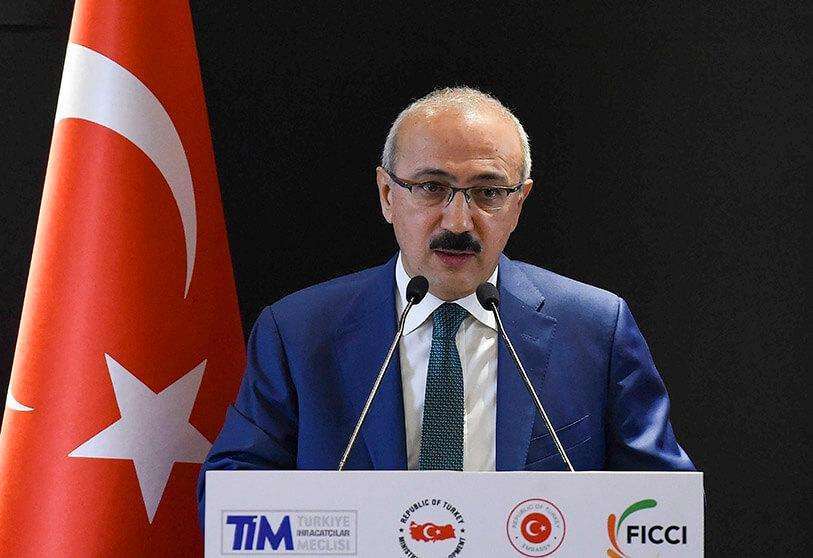
Turkey's central bank governor, Şahap Kavcıoğlu, weighed in last week to assure that the data released by the Statistical Institute would not affect his year-end forecast at all, although he acknowledged that inflation could rise more than expected in July and August.
The weakness of the lira is, according to experts, one of the main causes of the pressing inflation. The Turkish currency contracted by 3 per cent to 8.88 lira to the dollar in early June and hit a new all-time low.
Erdogan's remarks announcing a further interest rate cut by the Turkish central bank triggered the fall. "It is imperative that we lower interest rates. To that end, we will get to July and August or so for rates to start coming down," the president said at the time.
The traditional position on raising interest rates is that they reduce inflation, as people would be less willing to borrow. Experts also agree that Turkey should keep rates high to prevent prices from getting out of control, especially after inflation has been stagnating in the double digits for more than three years.
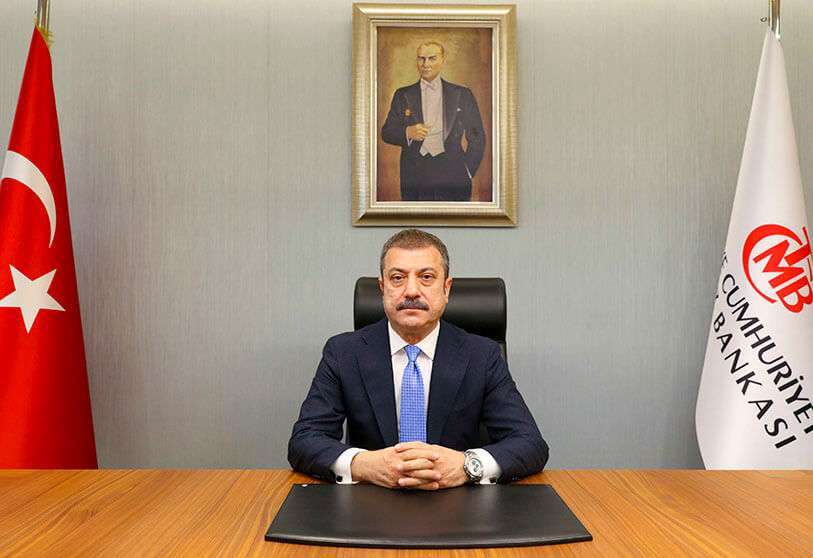
However, the Turkish president argues that higher interest rates would lead to higher inflation. According to this version, any rate cut would lower production costs and push down consumer prices. Premature rate cuts in the past have resulted in a weakening of the lira.
Experts expect the inflation rate to hover around or even exceed 19% in the coming months, which would put pressure on the central bank and revive the rate hike debate.
The president's statements made the markets nervous and caused the currency to weaken. Moreover, his recent economic decisions have worried investors, who complain about the lack of independence of the country's top economic institution.
Kavcıoğlu is the fourth governor of the central bank in less than two years. The former AKP deputy replaced the prestigious former finance minister, Naci Ağbal, in March after several clashes with Erdogan over raising interest rates without the president's approval that did meet with investors' approval.
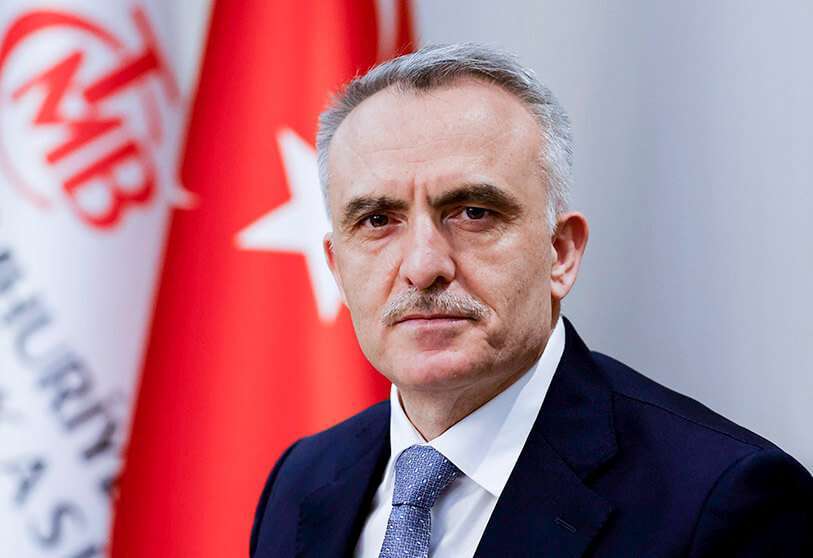
Although the data published by the TÜIK oblige Kavcıoğlu to follow in the footsteps of his predecessor at the head of the organisation and raise interest rates to support the lira. This hypothetical decision would strain relations between the government and the institution.
Since Kavcıoğlu's arrival, the central bank has, against all odds, maintained a rhetoric contrary to Erdogan's positions. However, the agency has refused to directly confront the executive and not to proceed with the rate hike.
In any case, the final decision will be known on 14 July, when the members of the institution meet to discuss the setting of rates and define the central bank's economic policy for the coming months in a context that is not very favourable for Turkey.

